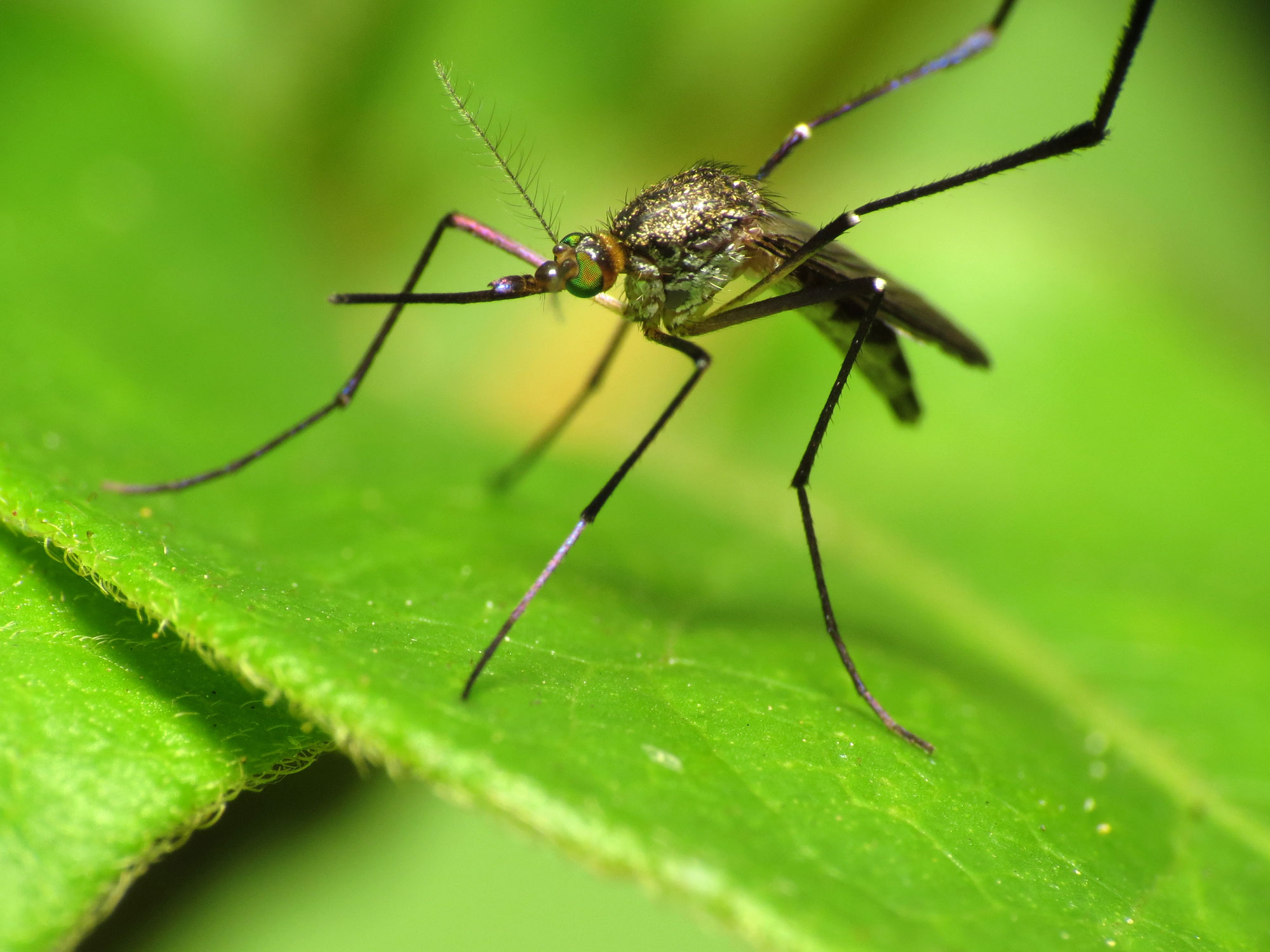What you need to know about the West Nile Virus
 Many parts of South Dakota have been experiencing a very wet summer and with that brings an increase in our mosquito population and a higher chance of contracting the West Nile Virus. Below are some facts, provided by the South Dakota Department of Health, on how you can identify and protect yourself from the virus.What is West Nile virus disease? West Nile virus is an arthropod-borne virus (arbovirus) most commonly spread by infected mosquitoes. West Nile virus can cause febrile illness, encephalitis (inflammation of the brain) or meningitis (inflammation of the lining of the brain and spinal cord).How do people get infected with West Nile virus?Most people get infected with West Nile virus by the bite of an infected mosquito. Mosquitoes become infected when they feed on infected birds. Infected mosquitoes can then spread the virus to humans and other animals. In a very small number of cases, West Nile virus has been spread through blood transfusions, organ transplants, and from mother to baby during pregnancy, delivery, or breastfeeding.Who is at risk for infection with West Nile virus?Anyone living in an area where West Nile virus is present in mosquitoes can get infected. West Nile virus has been detected in all lower 48 states (not in Hawaii or Alaska). Outbreaks have been occurring every summer since 1999. The risk of infection is highest for people who work outside or participate in outdoor activities because of greater exposure to mosquitoes.How soon do people get sick after getting bitten by an infected mosquito?The incubation period is usually 2 to 6 days but ranges from 2 to 14 days. This period can be longer in people with certain medical conditions that affect the immune system.What are the symptoms of West Nile virus disease?
Many parts of South Dakota have been experiencing a very wet summer and with that brings an increase in our mosquito population and a higher chance of contracting the West Nile Virus. Below are some facts, provided by the South Dakota Department of Health, on how you can identify and protect yourself from the virus.What is West Nile virus disease? West Nile virus is an arthropod-borne virus (arbovirus) most commonly spread by infected mosquitoes. West Nile virus can cause febrile illness, encephalitis (inflammation of the brain) or meningitis (inflammation of the lining of the brain and spinal cord).How do people get infected with West Nile virus?Most people get infected with West Nile virus by the bite of an infected mosquito. Mosquitoes become infected when they feed on infected birds. Infected mosquitoes can then spread the virus to humans and other animals. In a very small number of cases, West Nile virus has been spread through blood transfusions, organ transplants, and from mother to baby during pregnancy, delivery, or breastfeeding.Who is at risk for infection with West Nile virus?Anyone living in an area where West Nile virus is present in mosquitoes can get infected. West Nile virus has been detected in all lower 48 states (not in Hawaii or Alaska). Outbreaks have been occurring every summer since 1999. The risk of infection is highest for people who work outside or participate in outdoor activities because of greater exposure to mosquitoes.How soon do people get sick after getting bitten by an infected mosquito?The incubation period is usually 2 to 6 days but ranges from 2 to 14 days. This period can be longer in people with certain medical conditions that affect the immune system.What are the symptoms of West Nile virus disease?
| No symptoms in most people. Most people (70-80%) who become infected with West Nile virus do not develop any symptoms.Febrile illness in some people. About 1 in 5 people who are infected will develop a fever with other symptoms such as headache, body aches, joint pains, vomiting, diarrhea, or rash. Most people with this type of West Nile virus disease recover completely, but fatigue and weakness can last for weeks or months.Severe symptoms in a few people. Less than 1% of people who are infected will develop a serious neurologic illness such as encephalitis or meningitis (inflammation of the brain or surrounding tissues). The symptoms of neurologic illness can include headache, high fever, neck stiffness, disorientation, coma, tremors, seizures, or paralysis.Recovery from severe disease may take several weeks or months. Some of the neurologic effects may be permanent. About 10 percent of people who develop neurologic infection due to West Nile virus will die. |
Who is at risk for serious illness if infected with West Nile virus?People with certain medical conditions, such as cancer, diabetes, hypertension and kidney disease are also at greater risk for serious illness.How can I protect my family and myself? Use mosquito repellent containing DEET, Picaridin, oil of lemon eucalyptus, or IR3535, according to directions, when you are outdoors.To reduce the mosquito population around your home and property, reduce or eliminate all standing water:
|
Source: https://doh.sd.gov/diseases/infectious/diseasefacts/WNV.aspx

